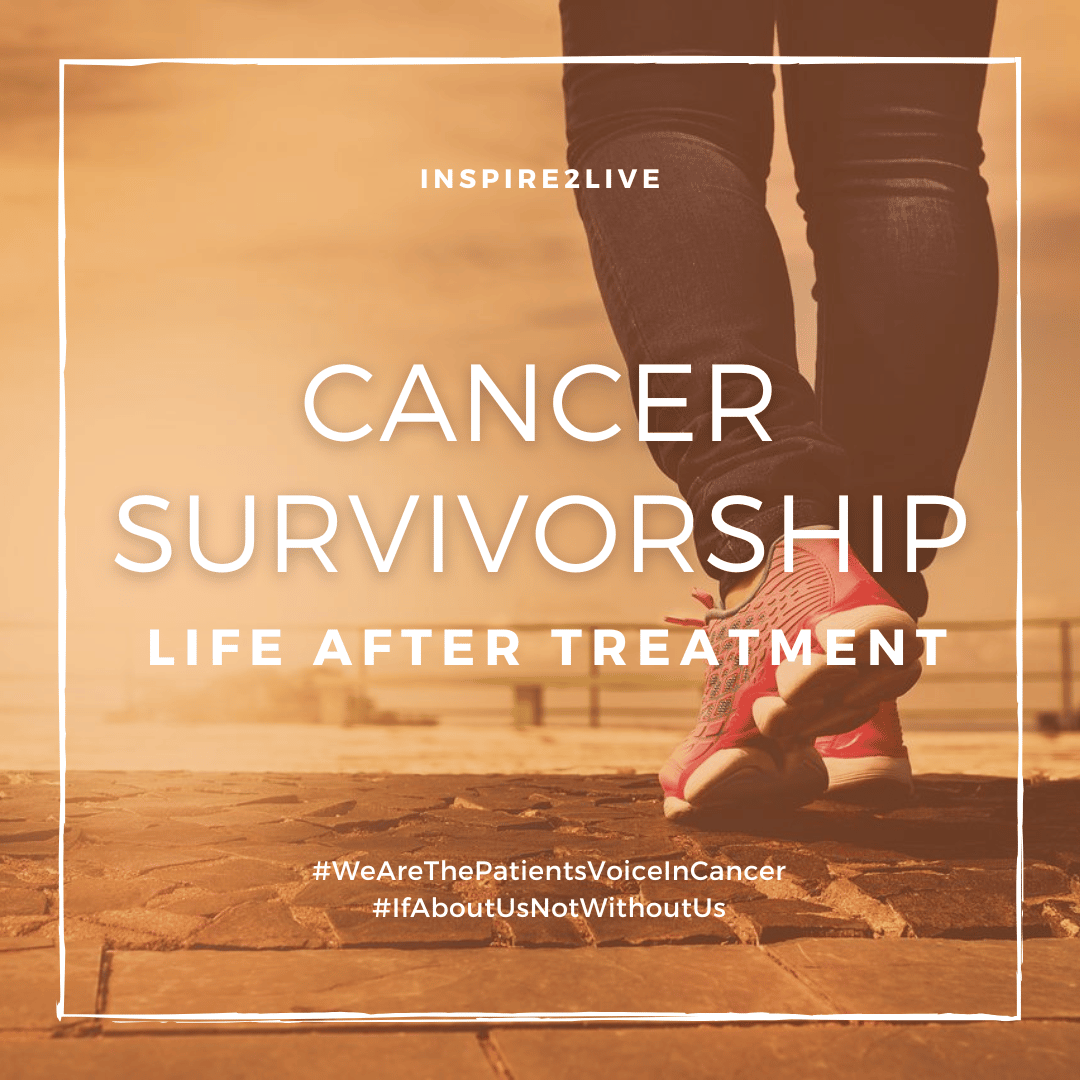Addressing longer-term cancer survivorship issues among patients and caregivers
Cancer survivorship care addresses the physical and psychosocial needs of affected individuals beyond diagnosis and treatment (Jacobsen & Mollica, 2019). Of particular importance is the transition when active cancer treatment ends, and post-treatment follow-up begins.
Increasingly, it is recognized that both cancer survivors and their caregivers experience similar issues once treatment is completed as they work toward adjusting to a “new normal”. Survivorship-related issues can persist for several months and even years and include fear that the cancer will return, uncertainty about the future, worry about partners, friends, and families, anxiety and depression including post-traumatic stress, sexual changes, and fatigue (Lisy et al., 2019).
For family caregivers, they often wonder what their new role should be now that treatment has ended. They were previously busy with various cancer-related tasks such as assisting with medical appointments, managing household tasks, and caring for their loved one. They now must contend with different issues and the support that was once provided by the cancer care team is no longer available. They often worry about the mental health of their significant other, and just like patients, they fear that any physical problems may be a sign that the cancer is returning.
A truly comprehensive cancer survivorship approach would assess these potential issues upon treatment completion and ensure that supportive care modalities are readily accessible in the community for both cancer survivors and their affected caregivers once they return to the aforementioned “new normal”.
Carmen G. Loiselle
Patient Advocate, Inspire2Live

